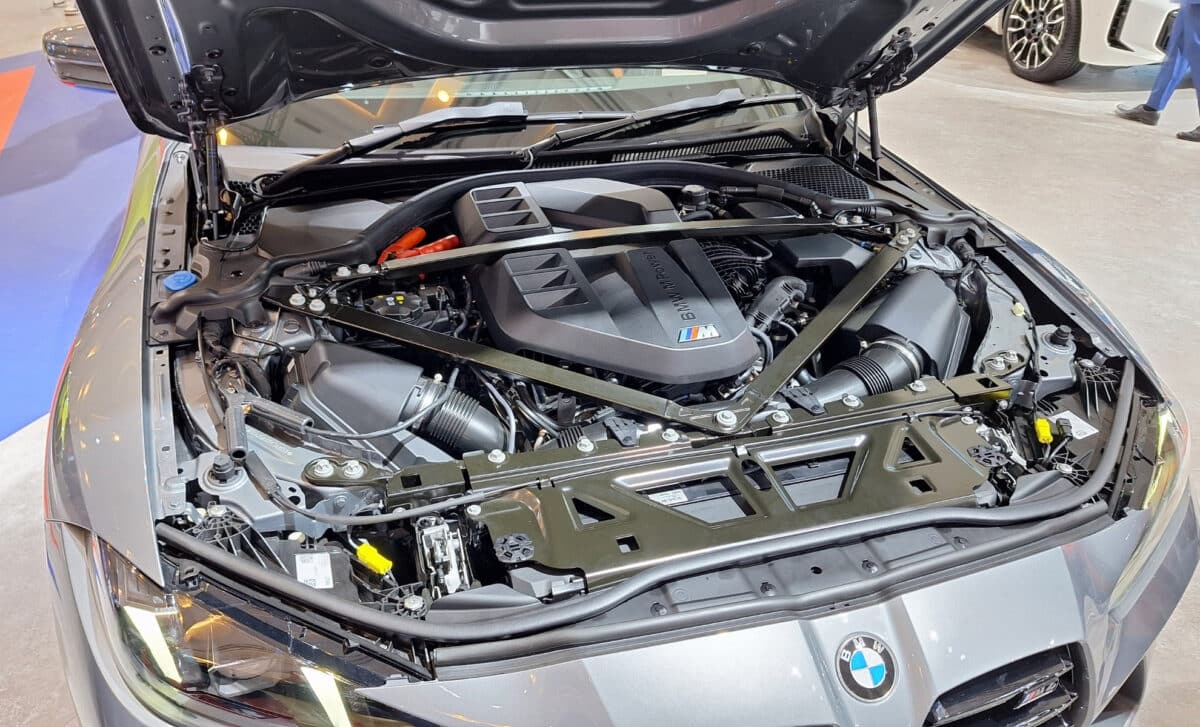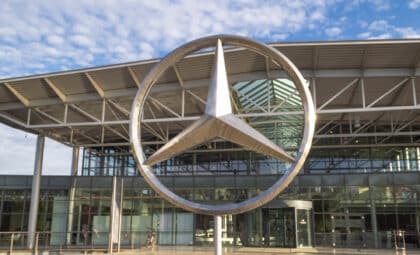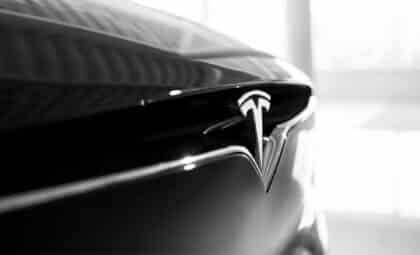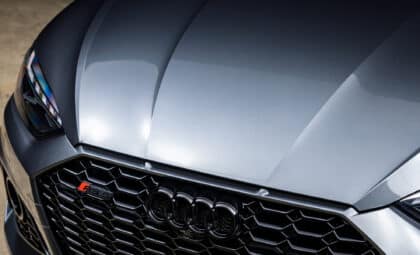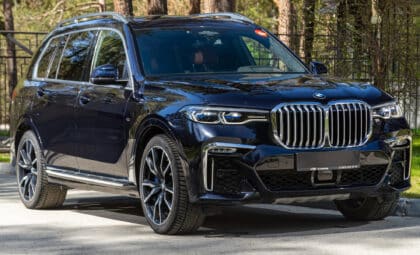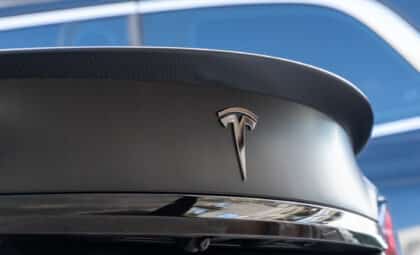This engine layout, once a core feature of the BMW lineup, has become more exclusive in recent years. Cost, emissions regulations, and shifting consumer preferences have pushed the straight-six into more specialized, premium segments. Yet BMW hasn’t abandoned it. The company is continuing to develop its B58 engine, now offering it with mild-hybrid assistance and improved efficiency in select models.
The move follows a similar upgrade rolled out earlier in the year for the BMW X3. This latest iteration brings the benefits to the M Performance versions of the Series 2 coupé, Series 3 sedan, and Series 4 in all body types.
Hybrid Boost Adds Power without Excess
In its updated form, the B58 inline-six now produces 392 horsepower, up from 374 hp. Of that increase, 12 horsepower come from a more advanced mild hybrid system that supplements the combustion engine during acceleration. The remaining 6 hp result from mechanical refinements.
The effect is subtle but measurable. The BMW M340i and M440i now reach 100 km/h in 4.3 seconds, 0.1 seconds faster than before. Torque has also increased to 540 Nm, a gain of 40 Nm. While not aimed at full M models, these figures bring the M Performance versions close to the levels once seen in high-end sports sedans like the M5 E39.
L’Automobile Magazine notes that this powertrain continues to prioritize smoothness and responsiveness, characteristics that have long set the inline-six apart from other configurations in the segment.
Lower Fuel Consumption despite More Power
The most striking change may not be the power figures, but the engine’s improved efficiency. On the M240i, average consumption drops from 8.1 to 7.3 liters per 100 km. The M340i sedan performs even better, reaching 7 l/100 km, with emissions rated at 159 g/km.
This positions the BMW engine favorably against sportier but less efficient competitors. The magazine compares it to the Toyota GR Yaris, which, despite using a three-cylinder engine, emits 215 g/km. That comparison highlights the strides BMW has made in optimizing the straight-six for modern emissions standards.
Nonetheless, the vehicles will still be subject to France’s ecological penalty. The malus for 2025 starts at €5,404, increasing to €7,959 in 2026, and reaching €13,014 by 2027, even in the best-case scenario. With production beginning late in the year, buyers may need to act quickly to avoid additional costs.
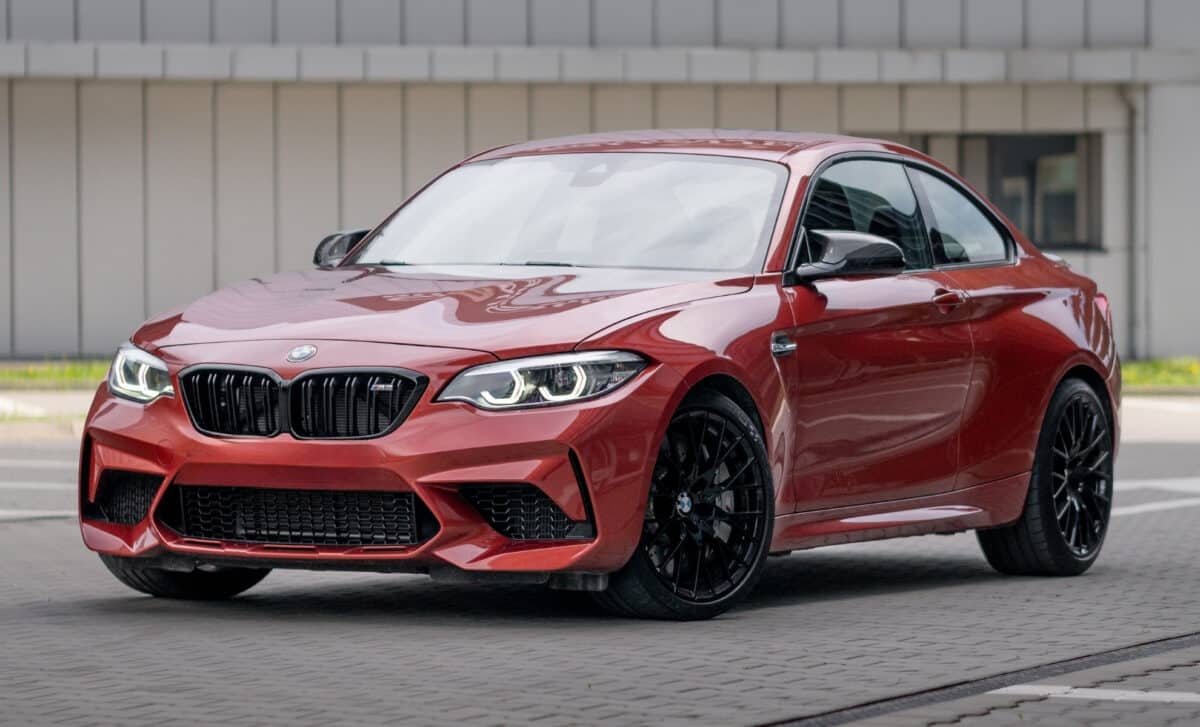
Same Engine, Wider Appeal
The M240i, M340i, and M440i now share the same engine update, bringing uniformity to BMW’s mid-range performance lineup. All are equipped with xDrive all-wheel drive as standard, a setup that improves traction during acceleration but can increase fuel consumption.
BMW continues to offer the M440i in three distinct body styles—coupé, convertible, and Gran Coupé five-door—giving customers a wider range of choices without sacrificing performance. According to the same source, this strategy reflects BMW’s effort to keep the inline-six relevant, not just as a symbol of past glory but as a viable engine option in a more regulated and diversified market.

